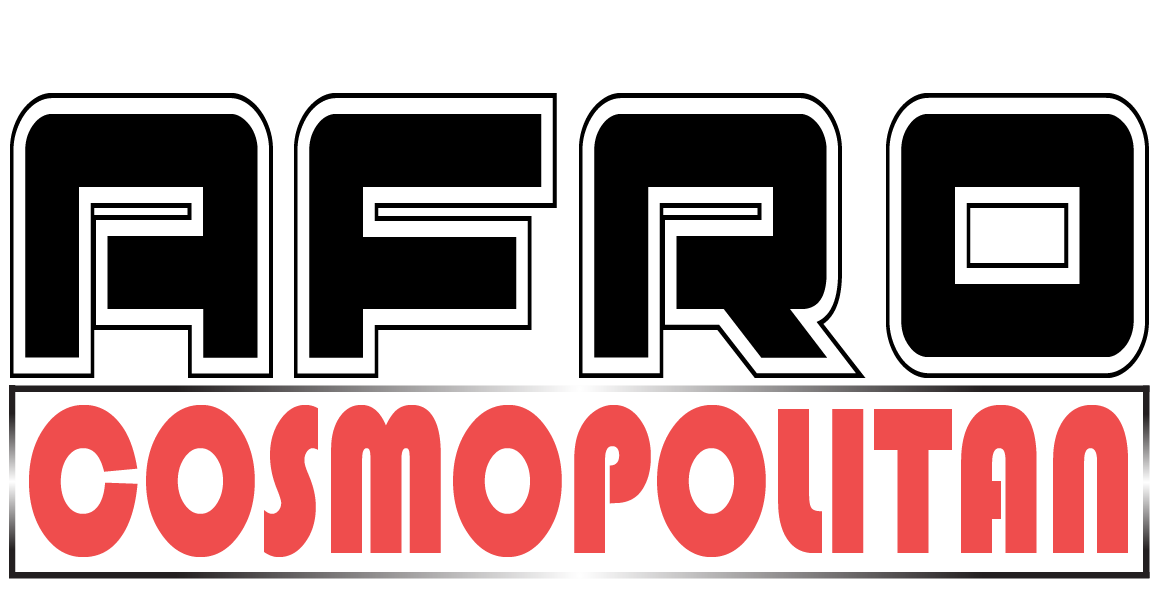If anyone has the skills to make a speech about feminism go viral, it’s Chimamanda Ngozi Adichie, the Lagos-based writer whose ideas are as complex as her language is straightforward. Previously best known for her fiction, Adichie delivered a TEDx Talk in 2013 so nuanced and rousing, Beyoncé sampled it in her empowerment anthem “Flawless.” Titled“We Should All Be Feminists,” Adichie’s oration weaved together human stories from her youth in Nigeria with a complicated discourse about gender roles in the modern world and a literal textbook definition of “feminism,” which she read aloud about halfway through. Today, the speech comes out in eBook form, which you can purchase here. Reached by phone in Lagos, Adichie spoke to Vogue.com about the overwhelming success of her speech and what it means to talk politics with the whole world.
What was it like to have your ideas about feminism go so viral?
It felt strange and surprising. I had done one TED Talk and I felt that I had already said what I could, in fact, say, and I didn’t think I had anything else worth talking about. But then I also realized the one thing I cared about is gender, feminism. So I said, “Okay, I’ll do it.” But I thought, This is not going to be popular, because it’s obvious that feminism for many people is a bad word, even if you believe in it, the word is off-putting. I thought seven people would care. I was surprised, but pleasantly so.
Is it always the goal of a writer to reach as many people as possible?
I don’t think in those terms. For this speech, it was an audience of mostly Africans, an audience I wanted to reach. I remember when I started off, just having a sense of push back, I knew that it was a subject that wasn’t popular, so when people stood up and clapped, that was success. My expectations had been low, so I was just surprised.
Was it received in ways that you hadn’t anticipated?
I was surprised that some of the young men that I’ve heard from, mostly Nigerians, who I thought of as so retrograde that they could not be saved, actually started to think about and talk about gender. I heard from a friend who works in Lagos that it started this intense debate at her work, and not that everyone was so wonderful, but that at least people were talking about it. We don’t really talk about gender, and I’m very much a believer in the power of discourse, in having conversations, of trying to reach out.
Is it important to speak to men as much as to women?
Yes, absolutely. When I think about gender, I think it’s a shame that it’s thought of as women’s business. Why aren’t men interested? It concerns both. The ideas are harmful to women, but to accept them also reduces men, the ability, the intelligence, the way so many people would be so much happier if we raised boys differently. I really do believe that men and women should all be feminists.
What was your first thought when Beyoncé asked if she could sample the song?
I’m so bored by this question, but I will say that I’m happy that my thirteen-year-old niece calls herself a feminist—not because I made the speech, but because of Beyoncé. Having attained the status of “cool” to my niece is wonderful.
You have a sense of humor in the speech—can humor help convey important political points?
I approach it as a fiction writer. I really believe in the power of narrative—it humanizes the story. When I talk to people, I try to come from a place of not knowing at all. I didn’t fall down from the sky with all this knowledge. When I talk about all the bullshit ideas about gender, I also believed many of those ideas and they are things that I still struggle with.
Has it resonated differently in Nigeria than in America?
The issues are largely the same, but they manifest differently. I think maybe there is one big difference: I’ve talked to lots of American women who say they thought feminism was no longer relevant. But many Nigerian women say, “I never thought about it at all.” They always thought it was a foreign thing. I also notice that American women, European women, very easily start to think that the problem of gender is much worse in Nigeria than it is where they are from. They look deeply concerned. They want to know what we can do to help save Africa. I start to think, Maybe you should look in your backyard! All over the world it’s a problem.
Are there solutions similar throughout the world, too?
Yes, yes. And it’s this: I do think that it might be a little too late for certain generations, so it has to start in the smallest places for future generations. It’s what we tell the kids in school, what we tell our sons and daughters. It’s in class when there’s a math question—it’s that we don’t assume the boy knows. Little things.
ALSO SEE: Chimamanda Ngozi Adichie Features In Vogue UK ‘Closet Diaries’.
Your 2013 book Americanah is being made into a movie by Lupita Nyong’o. Does that kind of Hollywood exposure frighten you a little?
I don’t really think very much about it. I’m just sitting here trying to write a good sentence. The kind of fiction I write isn’t the kind of fiction that Angelina Jolie or George Clooney seem likely to make into a movie, so you don’t think it’s going to happen. Particularly withAmericanah, I was writing the book I was trying to write and having fun, and I never thought it would translate into a movie. But also, I just think that books are much more interesting than films, and there’s a part of me that resents that the world is much more interested in movies. People say, “Congratulations, you have a film!” But I think, What about the book?
I will say, particularly because it’s Lupita, who I admire very much, I’m excited. I love the space that she occupies. I love that she exists. So I’m quite happy. But it’s not for me a measure of success.
What is a measure for success?
Being read. Being read by people who get it. For me, success is that I have a book out and maybe I get an email from a friend of a friend who I don’t really know that speaks to what the book is about. That people get it: That can keep me depression-free for a month. That it means something to someone else, particularly in a positive way. A woman said to me, “Your book made me feel less alone.” That is success.
Article culled from Vogue.com.











